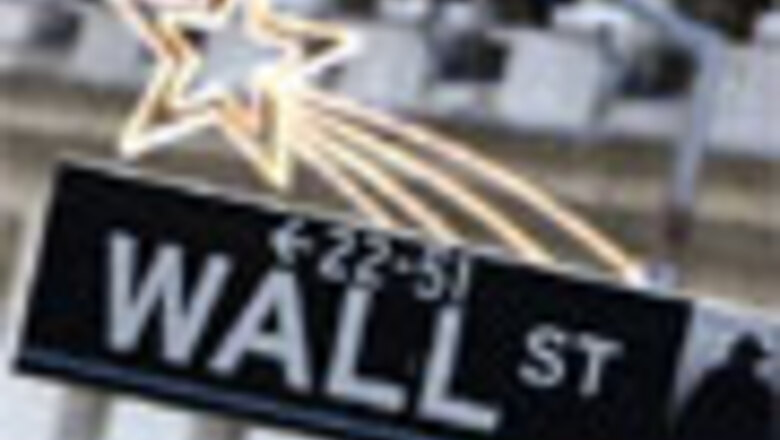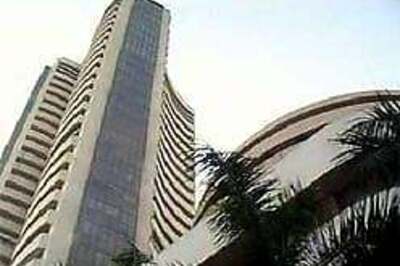
views
New York: Federal regulators reached a deal with the Wall Street financier accused of a $50 bn swindle to freeze his company's assets and appoint a receiver to manage the firm's financial affairs. The agreement came as some investors feared their life savings were wiped out.
The deal, agreed to separately by Bernard L Madoff and his company, was approved later Friday by a federal judge, said Alexander Vasilescu, trial chief of the federal Securities and Exchange Commission.
Vasilescu said the receiver would secure the assets, funds and location of Madoff's businesses to preserve assets and "determine the scope of the misconduct."
The collapse of Bernard L. Madoff Investment Securities LLC came just hours before his arrest Thursday on a single securities fraud count. Madoff, who allegedly told his employees he was running a "giant Ponzi scheme," was freed on $10 mn bail.
Lawyers for distraught investors worried they had lost all their savings packed a courtroom in the federal building Friday, awaiting a hearing on the disposition of Madoff's remaining assets. The hearing was canceled after the agreement was reached.
Stephen A. Weiss, who said he had spoken to at least 30 investors, said many of them were devastated.
One investor, Lawrence Velvel, 69, dean of the Massachusetts School of Law, said he and a friend may have lost millions of dollars between them.
"This is a major disaster for a lot of people," Velvel said in a telephone interview from his Andover, Massachusetts, office. "You work all your life, you finally manage to save up something, and somebody who's entrusted with it, it turns out suddenly he's a crook. Lots of people are getting fully or partially wiped out."
Velvel said he wants to know where government regulators, as well as accountants and others at Madoff's company, were when the money was being lost.
According to a criminal complaint filed with the court, Madoff told senior employees of his firm Wednesday that he had blown more than $50 billion with fraudulent financial moves, that he was "finished" and that he had "absolutely nothing." The FBI said Friday that family members turned Madoff in after he confessed his fraud to them.
The complaint said Madoff handled investments for as many as 25 clients in his private investment business, but lawyers for investors Friday said the number likely runs much higher. Some estimates ran into the hundreds.
Sterling Equities Inc., an investment firm run by New York Mets owner Fred Wilpon, acknowledged in a statement Friday that it had investments with Madoff's firm.
"We are shocked by recent events and, like all investors, will continue to monitor the situation," it said.
Madoff's lawyer, Dan Horwitz, said his client was "a longstanding leader in the financial-services industry with an unblemished record" and would "fight to get through this unfortunate event."
Vasilescu said it was "way too premature" to assess how much money investors might get back.
He said a central job of the receiver would be to assess claims and ultimately to plan how assets can be distributed.
Madoff, a former Nasdaq stock market chairman, founded his firm in 1960, using $5,000 he earned in part as a lifeguard on Long Island beaches. In the industry, he had a reputation for safe investments and steady returns that made individual investors eager to place their money with him and made competitors suspicious of his success.
Marc Powers, a former SEC enforcement branch chief and head of the securities practice at Baker Hostetler, said Madoff was "a very well-respected, highly regarded person" on Wall Street.
"Everybody heard of him," he said, noting his firm had received calls from investors Friday worried about their future. "There's a shell shock that's going on now. This ruins people's lives. It destroys whatever they built up over 40 years at the hands of a person they trusted."
Velvel said he listened to Madoff's employees explain how the firm made profits in good times and bad through computerized trading on blue-chip stocks and options, enabling small and steady profits on scores of trades.
"It made all the bloody sense in the world," he said. "The way we understood, they never went for the big hits. If you take a percent here, a half-percent there, this can add up to what Makoff was saying."




















Comments
0 comment